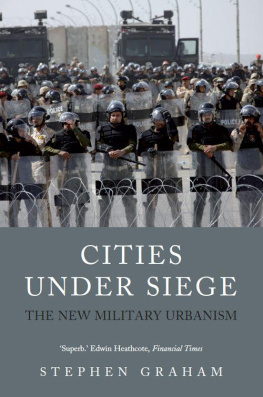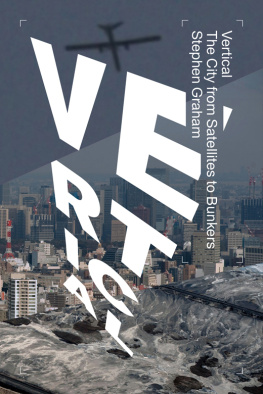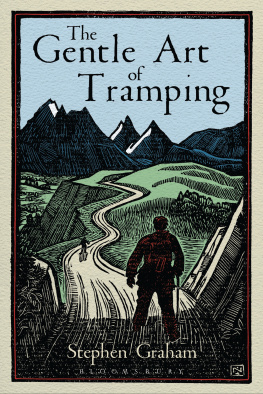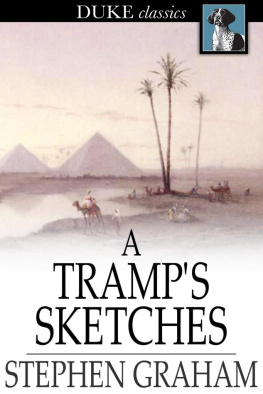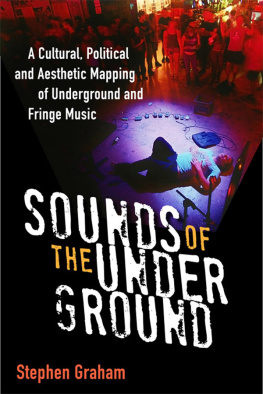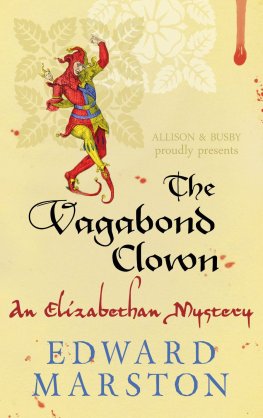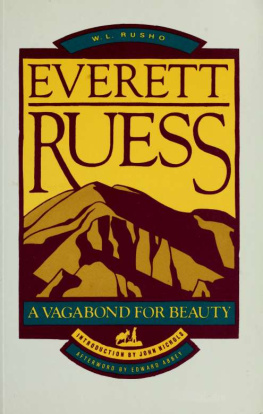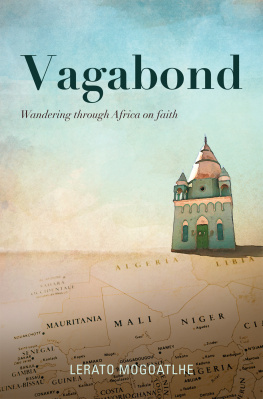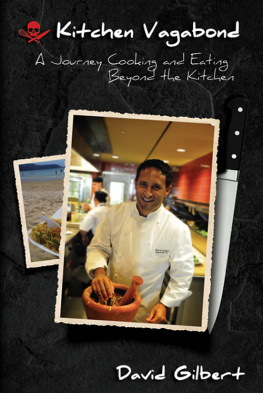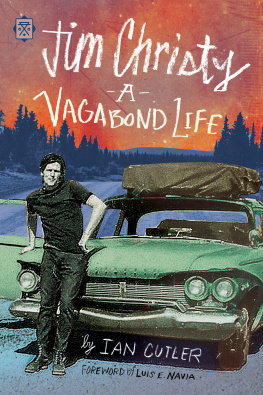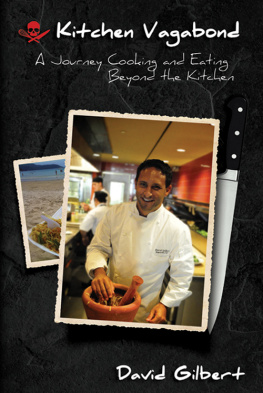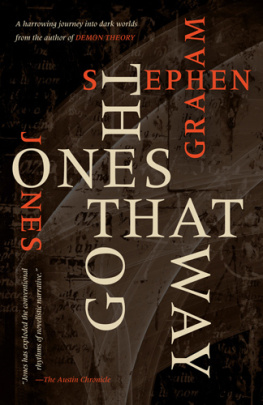A VAGABOND IN THE CAUCASUS
Stephen Grahams A Vagabond in the Caucasus is a supremely unique take on travel through Russia and the Caucasus. Graham takes to the road in a modest fashion, with a bag and his camera at his side. As he arrives in Moscow not long after the Russian Revolution in 1917 he is not entirely welcomed with open arms. Instead, Graham is greeted by a group of soldiers as he walks down the street and is arrested on the spot. He recounts this experience, as well as every moment of his time spent vagabonding across the Caucasus with glorious detail.
His photographs to accompany the text capture the fleeting moments of this politically heated time in Russia with candid accuracy. In one image, ragged women from a beer house slum pose on their front steps: Some with sneering disregard for the camera, others proud to be the subject of Grahams composition. The shot is nearly ruined by the blurred figure of what looks to be a Russian soldier passing on his beat. It is moments like these, where various aspects of culture in the Caucasus cross paths, that are so gracefully captured by Graham, between his great stories and his dedicated photography. This momentous work is not to be overlooked by anyone interested in travel or history, or anyone with a taste for an unconventional account of the land of the Caucasus.
THE KEGAN PAUL TRAVELLERS SERIES
EDITORIAL ADVISOR
PETER HOPKINS
A Journey Through Persia and Turkish Armenia Gerald Reitlinger
A Summer in Touraine Frederic Lees
George Sand & Frederick Chopin in Majorca George Sand
A Woman in the Balkans Winifred Gordon
Adventure in Hawaii and Tahiti Edward T. Perkins
Alexandria: The Ancient and Modern Town E. Breccia
Autobiography of a Chinese Girl Hsieh Ping-Ying
Two Vagabonds in Languedoc Jan Gordon and Cora J. Gordon
Burma R. Talbot Kelly
Chinese Pictures J. F. Bishop
Egypt and Nubia J. A. St. John
Fifty Years in Maoriland James T. Pinfold
In Hawaii with Jack London Jack London
Island Nights' Entertainments Robert Louis Stevenson
Man and Animals in the New Hebrides John R. Baker
Mongolia N. Prejevalsky
My Consulate in Samoa William B. Churchward
News from Tartary Peter Fleming
Oceania Frank Fox
Unbeaten Tracks in Japan Isabella Lucy Bird
Old Touraine Theodore Andrea Cook
The Discovery of Tahiti George Robertson
The French Riviera Pierre Devoluy and Pierre Borel
The Golden Chersonese Isabella Lucy Bird
The Heart of the Orient Michael Myers Shoemaker
The Riviera Hugh Macmillan
The Romance of Treasure Trove Charles R. Beard
To Lhasa in Disguise William Montgomery McGovern
Treasure of Ophir C. E. V. Craufurd
A Year Amongst the Persians Edward Granville Browne
Constantinople and Istanbul Old and New H. G. Dwight
Tahiti George Calderon
Cruise of the Snark Jack London
In the South Seas Robert Louis Stevenson
Six Months in Hawaii Isabella Bird
Korea and Her Neighbours Isabella Bird
Strolling Through Istanbul H. Sumner-Boyd and J. Freely
Camp Life and Sport in Dalmatia and the Herzegovina Anonymous
Quest for Sheba Norman Stone Pearn and Vernon Barlow
An English Consul in Siam W. A. R. Wood
South Sea Idyls Charles Warren Stoddard
Hawaii: The Past, Present and Future of its Island-Kingdom Gerald Manly Hopkins
A Vagabond in the Caucasus Stephen Graham
The Moon Year Juliet Bredon and Igor Mitrophanow
First published 2005 by
Kegan Paul limited
Published 2013 by Routledge
2 Park Square, Milton Park, Abingdon, Oxon OX14 4RN
711 Third Avenue, New York, NY 10017, USA
Routledge is an imprint of the Taylor & Francis Group, an informa business
Kegan Paul, 2005
All Rights reserved. No part of this book may be reprinted or reproduced or utilised in any form or by any electric, mechanical or other means, now known or hereafter invented, including photocopying or recording, or in any information storage or retrieval system, without permission in writing from the publishers.
ISBN 978-0-710-31145-0 (hbk)
British Library Cataloguing in Publication Data
Library of Congress Cataloging-in-Publication Data
Applied for.
I BROUGHT myself up on Carlyle and found him the dearest, gentlest, bravest, noblest man. The Life by Froude was dearer to me than the Gospel of St Matthew, or Hamlet, or Macbeth, and that is saying much if the reader only knew me. Carlyle was so near that I saw him in dreams and spoke with him in words that were true, unquestionably. In the vision world of my dream he behaved exactly as he would have done in real life, I am sure of it. He was flesh and blood to me. Yet he died and was buried before I was born. How strange! This man who died three years before I was born was a friend closer to me than a lover, one to whom I longed to say caressing words, one whom I longed to embrace and fondleto kiss even.
He made me work, the dear, irascible, eloquent old sage. I worked at his bidding and set myself impossible tasksimpossible! I became a puritan, serious, intolerant and heroic; and in moments of rapture, conscious of the silence of the stars and the graves, I would sing to the night the marching song:
Here eyes do regard you
In Eternity's stillness,
Here is all fulness,
Ye brave, to reward you,
Work and despair not.
Carlyle was a true friend to me, he was not content that he only should be my friend, I had to become the friend of his friends. Now, I am one of the Great Society of his friends. I belong to the fellowship of those that have seen The City. The Great Society has among its members many children and many jolly tramps. Has the reader ever been introduced personally to the Great Ones long since dead? I think these literary men the great Friends of Mankind. They allow themselves to be known and cherisheddifferent from military heroes or scientists or explorers. One would as soon love a waxwork as Napoleon. Yet even the despised and rejected of the literary world are warm and smiling friends to their readers. I, for my part, adored Ruskin and Browning as a young girl in love with a new history mistress. I obeyed Ruskin, bought his works in purple calf and looked up the long words in the dictionary. Then Rabbi Ben Ezra entered into me so that I spoke with tongues. I learned the poem by heart and recited it to sunsets. I ask myself now how I reconciled Work and despair not with




